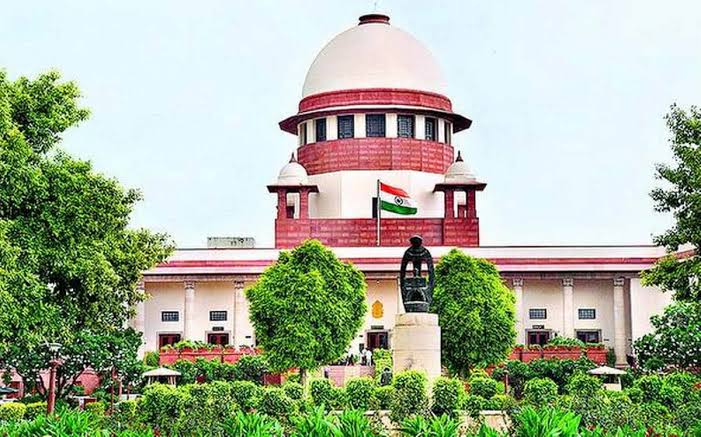National Desk
11 July
Sandeep Dhand Ludhiana
The Supreme Court clarified today that the Central Bureau of Investigation (CBI) operates under the control of the Central Government. This statement came while dismissing the Centre’s objection to West Bengal’s plea challenging the CBI’s investigations in the state despite the withdrawal of general consent.
The bench, comprising Justices B.R. Gavai and Sandeep Mehta, referenced the Delhi Special Police Establishment (DSPE) Act, 1946, stating that the control over offences under anti-corruption laws falls under the purview of the Central Vigilance Commission. The court highlighted that the establishment, powers, and jurisdiction extension of the DSPE are governed by the Central Government.
West Bengal had revoked the general consent for CBI investigations in the state on November 16, 2018, yet the CBI continued its probes, leading to the state’s legal challenge. Solicitor General Tushar Mehta argued that the CBI was not controlled by the Central Government, an assertion the court dismissed by referring to various provisions of the DSPE Act.

The bench stated, “It is evident that the establishment, exercise of powers, jurisdiction extension, and control of the DSPE is entirely under the Central Government.” The judgment also clarified that the DSPE can only investigate crimes authorized by the Central Government and notified in the official gazette.
Furthermore, the court emphasized that without the state’s consent, the powers and jurisdiction of DSPE members cannot be extended within any state, except Union Territories. The bench noted, “Section 6 of the DSPE Act requires the consent of the state government for extending DSPE’s powers under Section 5.”
The Supreme Court’s 74-page decision underscores the legislative framework mandating CBI’s operational control under the Central Government, reaffirming the necessity of state consent for jurisdictional extensions.
